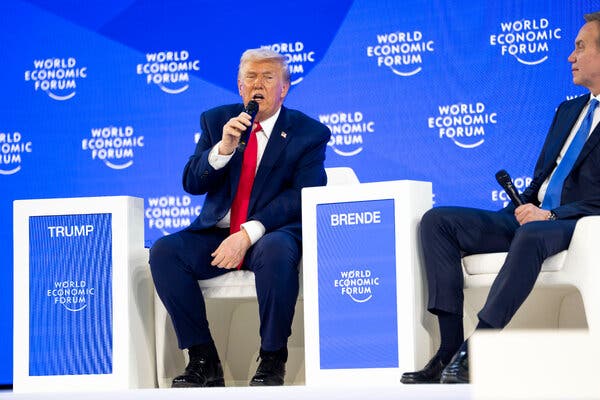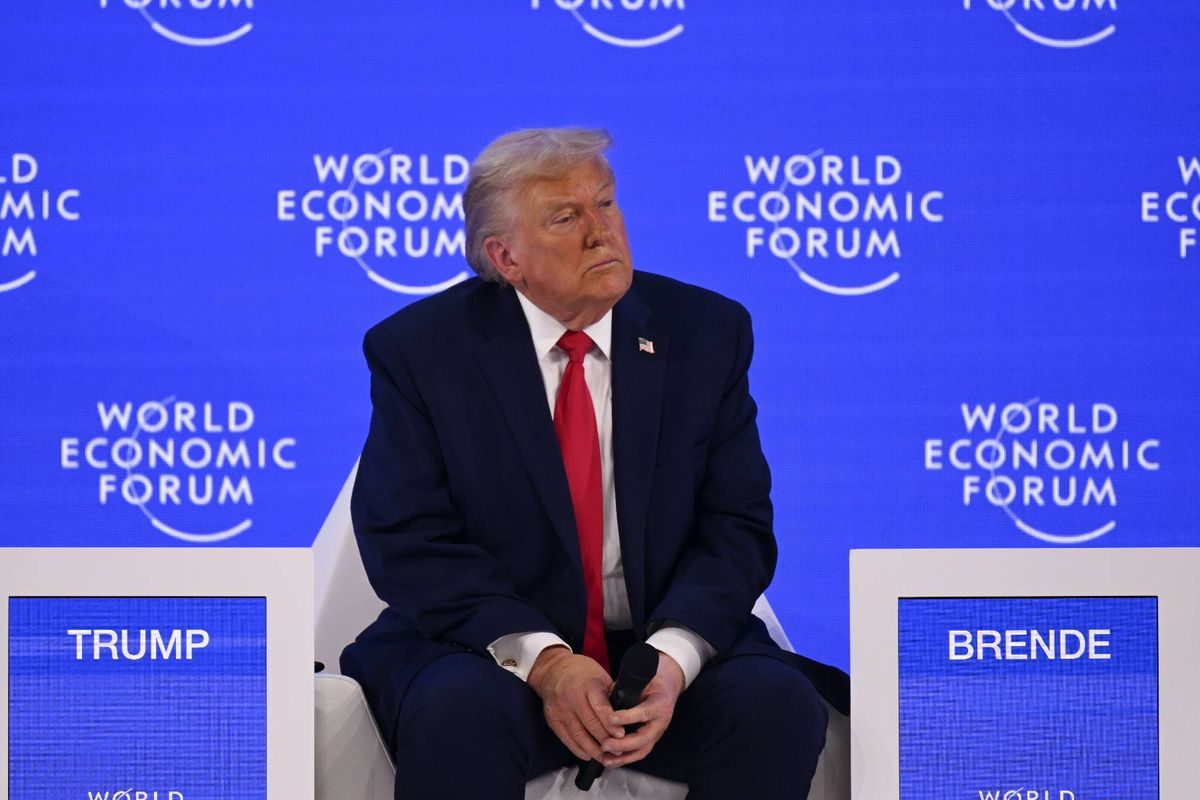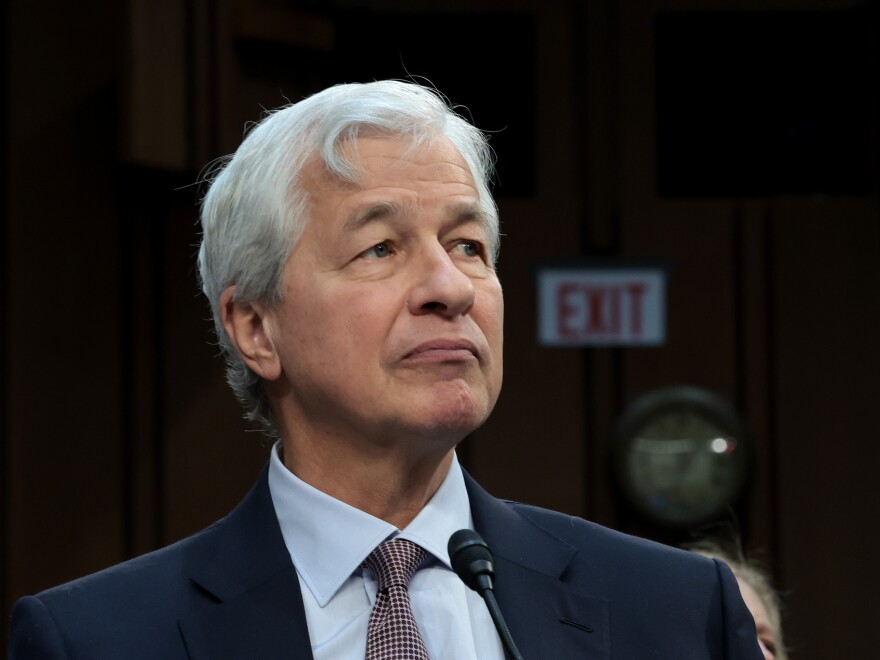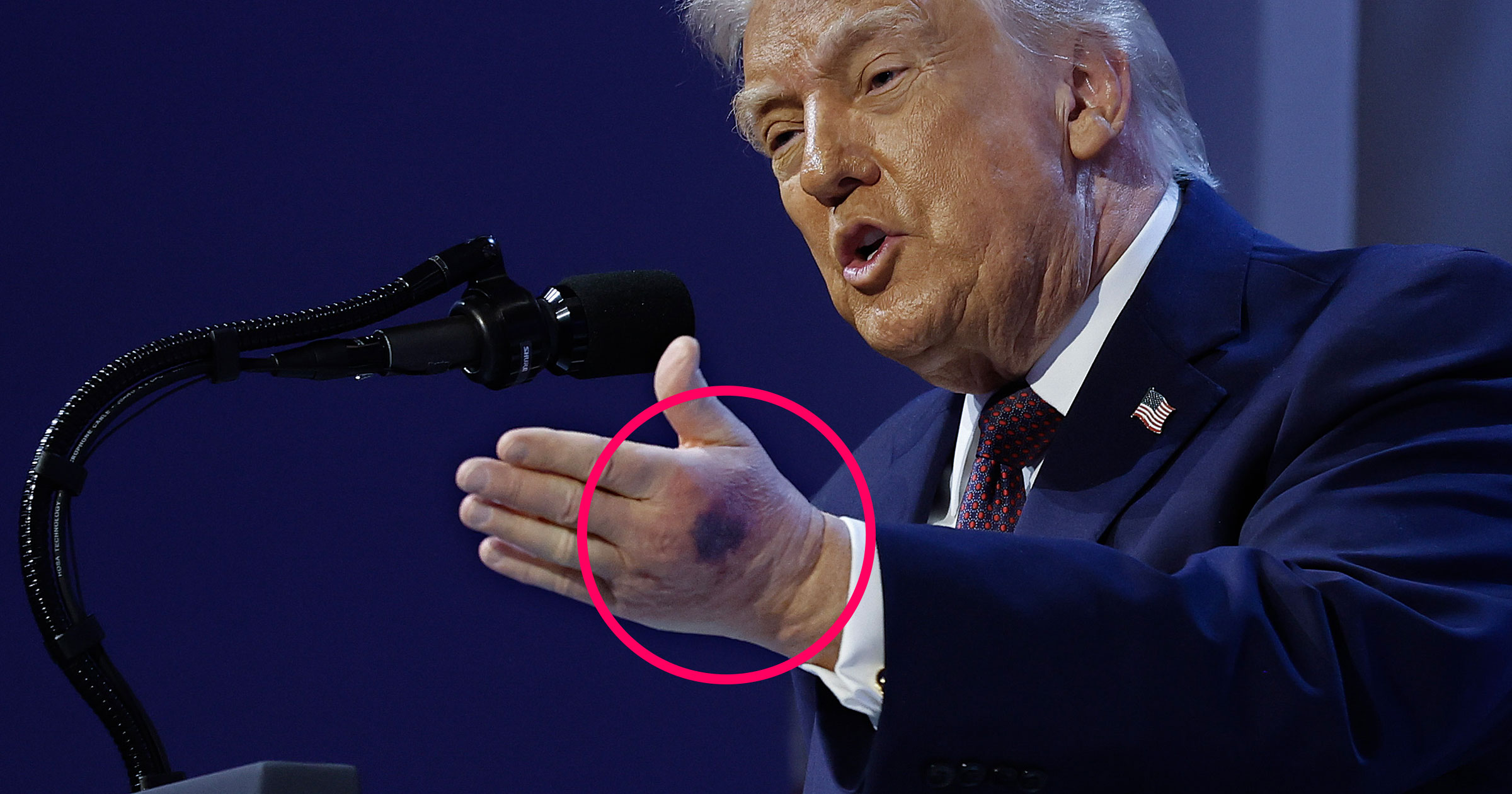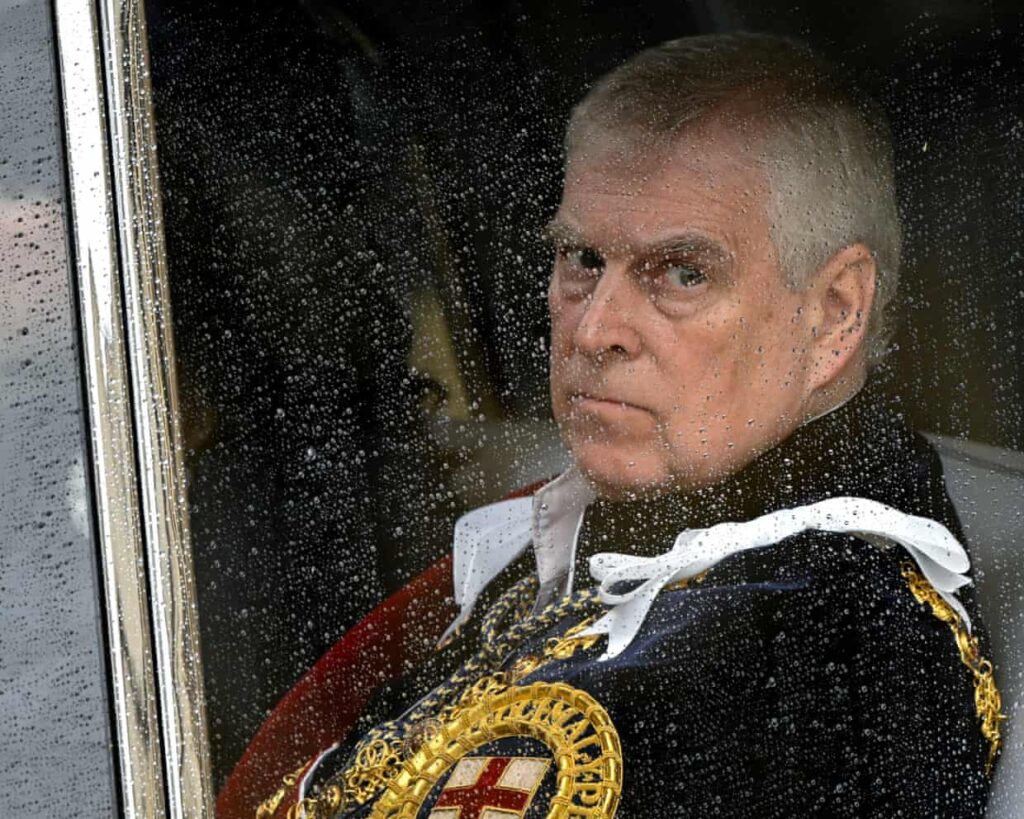
King Charles has announced that Prince Andrew will no longer use his royal titles, including the Duke of York, a significant move amidst ongoing controversies surrounding his past associations and allegations of sexual assault. This decision comes in light of renewed scrutiny following the publication of Virginia Giuffre’s memoir, which details her experiences as a victim in the Jeffrey Epstein sex trafficking ring. Andrew has consistently denied any wrongdoing, yet the allegations have continued to cast a long shadow over his reputation and the monarchy.
The announcement, made publicly on October 20, 2023, marks a critical juncture for the British royal family. Prince Andrew’s history, particularly his connections to Epstein, has led to sustained public and political pressure. Following a police investigation prompted by claims that Andrew sought to undermine Giuffre’s credibility, the royal family appears to be taking decisive action to distance itself from the ongoing scandal.
Historical Context of a Royal Downfall
Once a beloved figure, Prince Andrew was celebrated for his service as a Navy pilot during the 1982 Falklands War. According to Stephen Bates, a former royal correspondent for the Guardian, he was viewed as a national hero, even taking on the role of the UK’s special trade envoy after leaving the Navy in 2001. However, this acclaim quickly faded as his associations with unsavory figures became widely known.
“His reputation has been marred by arrogance and entitlement,” Bates noted. The turning point came when a photograph surfaced of Andrew with Epstein in Central Park, which ignited public outrage and led to further investigations into his conduct. Over the years, allegations of Andrew’s inappropriate behavior have continued to emerge, contributing to a gradual unraveling of his public persona.
Virginia Giuffre’s memoir, titled *Nobody’s Girl: A Memoir of Surviving Abuse and Fighting for Justice*, sheds light on her harrowing experiences with Epstein and Ghislaine Maxwell, detailing how powerful men, including Andrew, exploited her vulnerability. In her book, Giuffre asserts that Andrew viewed sexual encounters with her as “his birthright,” an accusation he has vehemently denied.
Impacts on the Monarchy and Future Reform
The royal family’s actions to sideline Andrew come as King Charles prepares for a significant meeting with the Pope, marking the first visit by a British monarch in over 500 years. Bates suggests that the timing of Andrew’s removal from public life is strategic, aimed at minimizing distractions during this historic event. “Charles is keen to maintain the sanctity of this occasion and avoid carrying Andrew’s baggage into the Vatican,” he explained.
Despite Andrew’s decision to relinquish his titles, he retains his dukedom, which can only be formally removed through an act of Parliament. This raises questions about the future governance of the monarchy and what further reforms may be necessary to maintain its public standing. Rachael Maskell, MP for York Central, has called for transparency regarding the £12 million settlement paid to Giuffre, believed to have been partly funded by the late Queen.
The royal family is also facing scrutiny regarding its overall image and connection to the public, especially among younger generations. While the monarchy retains a solid approval rating, younger citizens demonstrate significantly less enthusiasm compared to older demographics. Bates points out that the monarchy must adapt to changing societal expectations to maintain relevance and respect.
As the situation continues to develop, the fallout from Andrew’s associations and the royal family’s response may shape the future dynamics of the monarchy. The pressure for reform is palpable, especially with Prince William poised to take on a more prominent role, advocating for a more accessible and relatable royal family.
The events surrounding Prince Andrew illustrate a broader narrative about accountability and the evolving expectations placed on public figures, particularly within institutions steeped in tradition. The royal family now finds itself at a crossroads, balancing the weight of history with the demands of an increasingly critical public.
